Blog
Best Inverter for solar installation in Nigeria
Inverters are essential components of solar installations that play a crucial role in converting direct current (DC) electricity produced by solar panels into usable alternating current (AC) electricity for homes and businesses. There are two primary types of inverters commonly used in solar systems: Modified Sine Wave Inverters and Pure Sine Wave Inverters. Each type has its advantages and applications, and understanding their differences is crucial in choosing the most suitable inverter for your solar installation needs.
1. Modified Sine Wave Inverters:
Functionality: Modified sine wave inverters convert DC electricity into an AC output that approximates a stepped waveform. The waveform is not as smooth as a pure sine wave, as it has stair-like steps, resulting in a choppy or blocky pattern.
Advantages:
Cost-Effectiveness: Modified sine wave inverters are generally more affordable than pure sine wave inverters, making them a budget-friendly option for those seeking to minimize costs.
Compatibility: Modified sine wave inverters are suitable for basic electronic devices such as lights, fans, and simple electronics, making them adequate for many residential applications.
Disadvantages:
Compatibility Issues: Some sensitive electronic devices may not function optimally or may experience humming or buzzing noises when powered by a modified sine wave inverter. Devices with timing-based circuits or variable-speed motors might not operate smoothly.
Reduced Efficiency: Certain appliances, particularly those with motors or inductive loads, may consume more power or run less efficiently with modified sine wave power, potentially resulting in increased power consumption.
2. Pure Sine Wave Inverters:
Functionality: Pure sine wave inverters create a smooth and consistent AC waveform that mirrors the electricity provided by utility companies. The waveform is identical to the sine wave produced by traditional grid electricity.
Advantages:
Compatibility: Pure sine wave inverters are highly compatible with a wide range of electronic devices, including sensitive equipment such as computers, televisions, medical devices, and audio equipment. They ensure optimal performance and efficiency for all types of appliances.
Efficiency and Power Quality: Pure sine wave inverters provide better power quality and efficiency, reducing the risk of device malfunctions or overheating. They help extend the lifespan of electronic devices and appliances.
Disadvantages:
Higher Cost: Pure sine wave inverters are generally more expensive compared to modified sine wave inverters due to their superior performance and compatibility with a broader range of devices.
Power Consumption: While pure sine wave inverters provide enhanced performance, they may consume slightly more power during the conversion process compared to modified sine wave inverters.
When it comes to choosing the right inverter for your solar installation, the advantages of pure sine wave inverters make them a superior choice. With their compatibility with a wide range of electronic devices, enhanced efficiency, and improved power quality, pure sine wave inverters ensure optimal performance and longevity for all your appliances and equipment.
For a seamless transition to solar energy with the assurance of high-quality inverters, look no further than Ighomall's selection of pure sine wave inverters. Visit Ighomall's website today to explore their range of top-notch inverters and find the perfect fit for your solar installation needs. Embrace the power of clean energy and experience the difference with Ighomall's reliable and efficient pure sine wave inverters. Make the switch to solar now and pave the way for a greener and more sustainable future with Ighomall.
-1200x601.png)
-320x70.png)









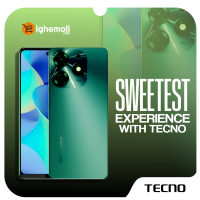


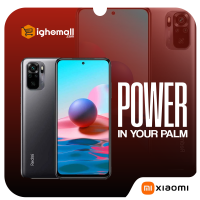


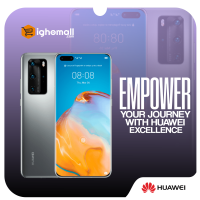




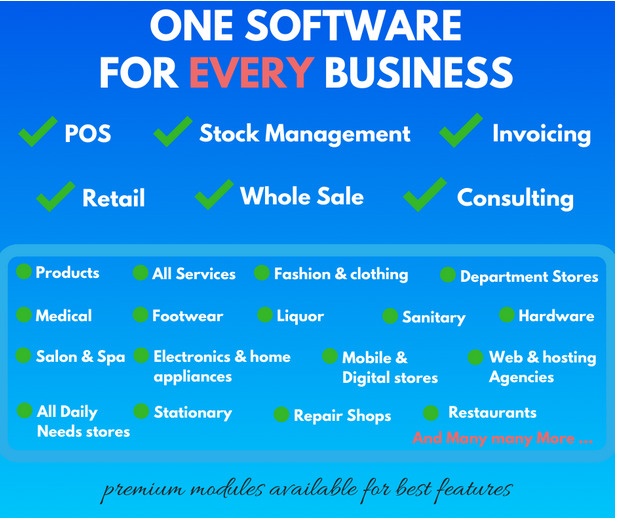


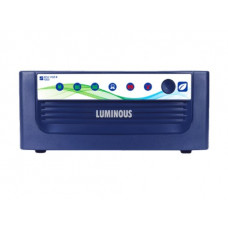
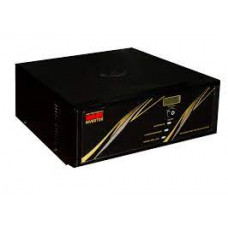
Leave your comment